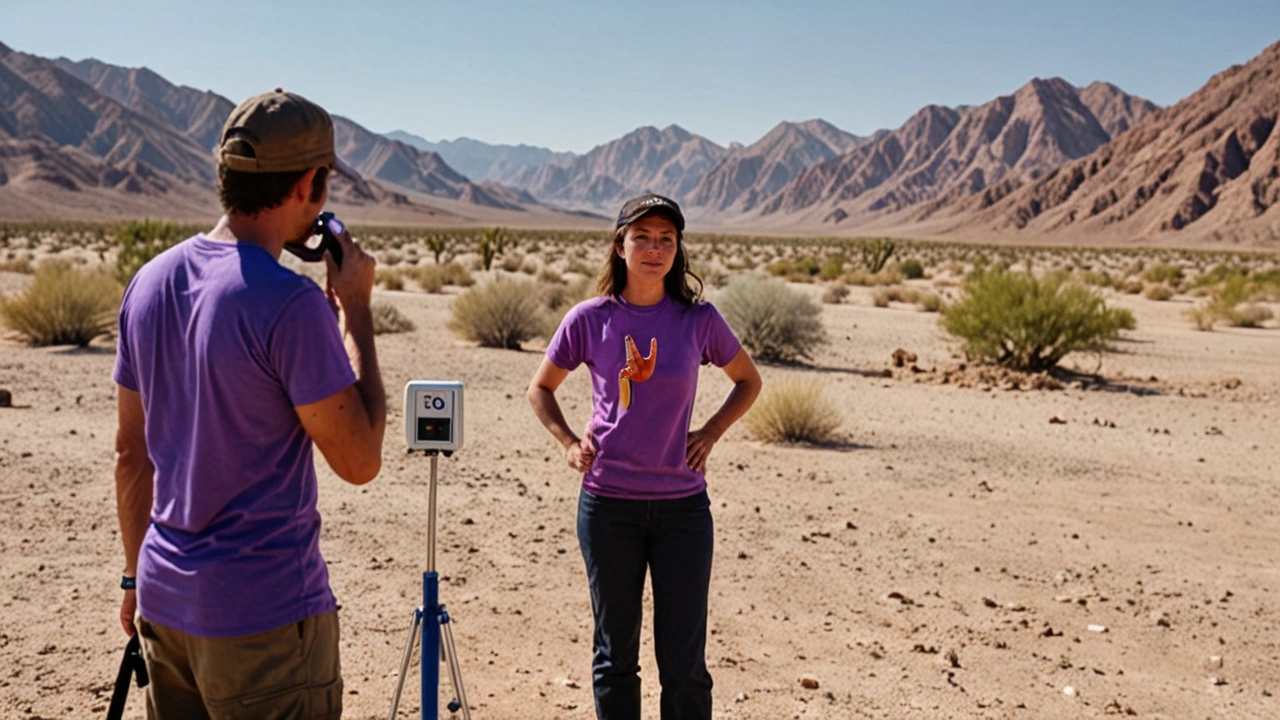Global Warming: Why It Matters for Africa
Hotter days, weird rain patterns, and farmers losing crops – that’s the kind of reality many Africans are already facing because of global warming. It’s not just a distant problem; the heat is here, and it’s changing the way people live, work, and stay healthy. If you’ve noticed the weather acting up, you’re seeing the first signs of a bigger climate shift.
Temperatures across the continent are climbing faster than the global average. In East Africa, the Sahara fringe is moving south, pushing deserts into once‑fertile lands. In Southern Africa, record‑breaking droughts have forced communities to pull water from shrinking lakes and rivers. Even coastal cities like Lagos and Durban are feeling the squeeze from rising sea levels, which threaten homes and infrastructure.
How Global Warming Affects Africa Today
When the heat rises, water evaporates faster, and rain becomes less predictable. Smallholder farmers, who rely on rain‑fed crops, see their yields drop year after year. That means higher food prices and more people going hungry. In places like the Sahel, desertification is turning farmland into barren ground, forcing families to move to cities or even cross borders in search of work.
Health is another big hit. Heat waves increase cases of heat‑stroke and worsen respiratory problems, especially in urban areas where pollution already chokes the air. Mosquitoes love warm, wet environments, so diseases like malaria and dengue are spreading to higher altitudes that used to be safe.
Energy demand spikes, too. More people need electricity to keep cool, but many African nations still rely on coal or diesel generators that add even more greenhouse gases. It’s a vicious cycle: more heat drives more emissions, which fuels more heat.
Practical Steps You Can Take
You don’t have to be a scientist to make a difference. Start by cutting down on single‑use plastics – they add to landfill waste and release harmful gases when they break down. Choose reusable bottles, bags, and containers wherever you can.
Saving water is another easy win. Fix leaky taps, take shorter showers, and collect rainwater for garden use. Every drop saved reduces the energy needed to pump and treat water.
If you can, support renewable energy projects. Even simple actions like buying solar‑powered lights or encouraging your community to install solar panels help shrink the reliance on fossil fuels.
Planting trees is a classic but powerful move. Trees absorb carbon, shade homes, and improve soil quality. Join local tree‑planting drives or start a small garden at home – the shade you create can lower indoor temperatures and cut cooling costs.
Lastly, stay informed and spread the word. Share reliable news about climate impacts in Africa, vote for leaders who prioritize green policies, and encourage friends to adopt eco‑friendly habits. Small choices add up, and together they can slow the warming trend that’s reshaping the continent.
Global warming is shaping Africa’s future right now, but every person can help steer it toward a healthier, more resilient path. By understanding the risks and taking simple actions, you become part of the solution instead of a bystander watching the heat rise.
Global Warming Milestone: Average Temperature for Past Year Surpasses 1.5°C Threshold
The global average temperature has exceeded the critical 1.5°C threshold over the past year, marking it as the warmest on record. June 2024 stood out with unprecedented heat, averaging 16.66°C. Notably, this breach, reported by the Copernicus Climate Change Service (C3S), spotlights the urgent need to address climate change, yet it doesn't signify the failure of the Paris Agreement's long-term goals.

